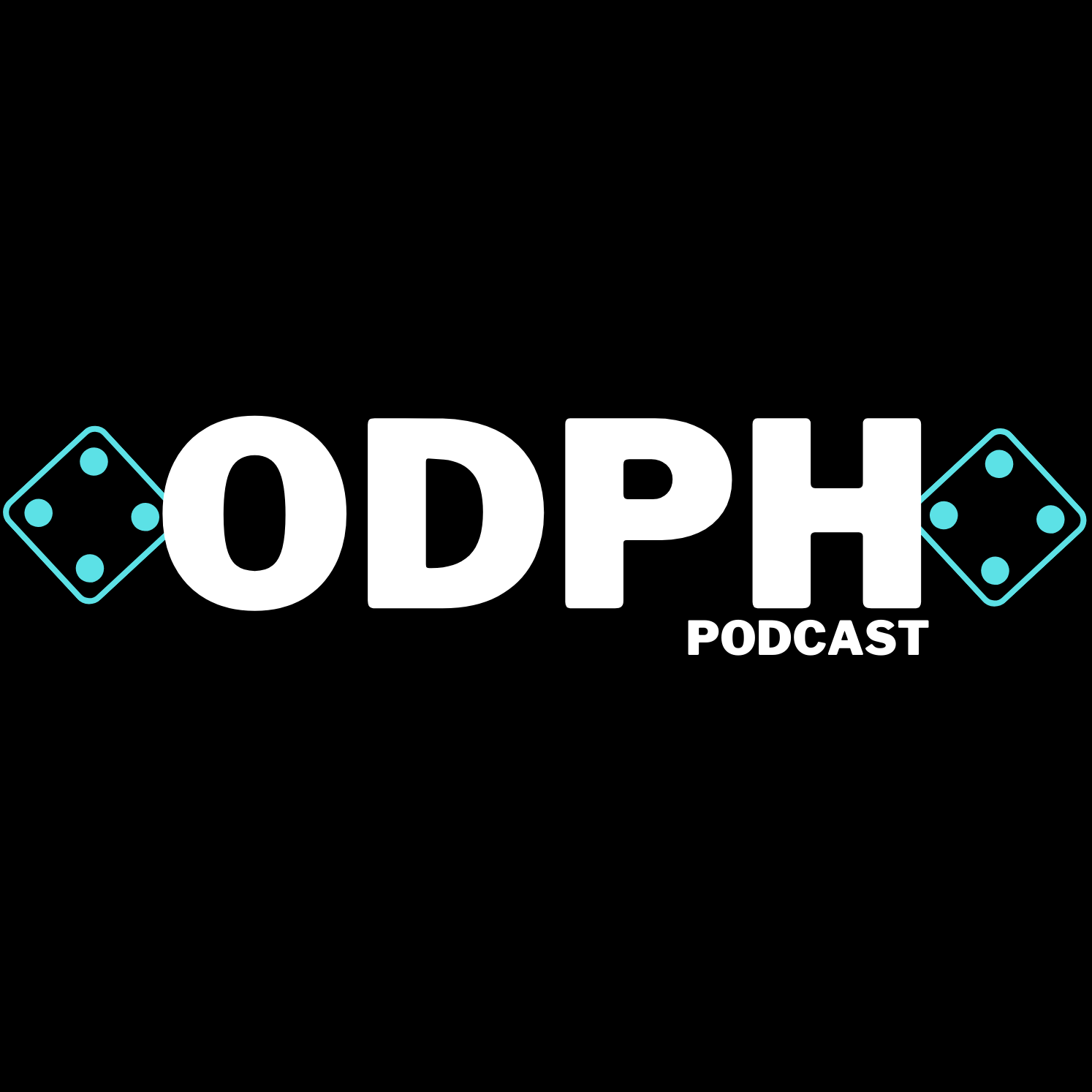Ep 31: Eating Disorders and Exercise
Dana Suchow, founder of Do The Hotpants, discusses what parents need to know to discuss eating disorders with a teenager. She also explains how to connect with teenagers about exercise in a positive way, words you should absolutely avoid when talking about food, and a lesson in where negative body image comes from.If you've enjoyed Talking to Teens, we'd love if you could leave us a five-star rating, and if you have time, a review! Full show notesIf no one takes care to combat eating disorders in teenagers, unhealthy dieting can lead to damaging long term health problems. In serious cases, malnutrition can lead to death.Does your teen seem uncomfortable about what they eat? Does your teen struggle to keep weight on? Do you even know what your teenager thinks about his or her body? These can be unfamiliar and uncomfortable questions, but it’s so important to ask them.The secretive nature of eating disorders in teenagers can make unhealthy dieting a deceptively difficult problem to identify and address.To be clear, having a teenager who struggles with body image or food consumption does not mean you are a bad parent! Billions of advertisement dollars have gone into convincing all of us that our bodies are ugly. Advertising companies know we buy more stuff when we feel bad about ourselves, so they use billboards and TV ads to train us to hate our own bodies. In this way, eating disorders in teenagers are the natural product of emotional marketing. While these ads primarily target girls, boys are affected, too.My special guest today believes that in just 10 to 20 years, advertising will put just as many boys at risk of developing eating disorders as girls. If this is true, then eating disorders in teenagers will soon be a more relevant issue for all parents, not just parents of girls. So what can parents do to combat a thriving industry that’s invested in teens hating their own bodies? I spoke with Dana Suchow to get an idea, and it turns out there is a lot that parents can do.Dana is the founder of DoTheHotpants.com, a website that she initially started as a fashion blog. Eventually, she transformed the website into a platform for people to safely share their own stories about body image and eating disorders. Having struggled with an eating disorder herself, Dana has personal experience on the matter. She knows firsthand how important it is to have conversations about a healthy understanding of body image.A Delicate Subject MatterEating disorders in teenagers can be an extremely sensitive subject to breach. They are very secretive and highly personal. Parents need to be very careful with how they approach this subject because even though you mean well, bringing it up in the wrong way can actually backfire.Dana remembers a personal example of when a conversation about her eating disorder went poorly. Dana’s roommate in college noticed how she was struggling to eat food. Her roommate vocalized her concern for Dana, but Dana remembers getting instantly defensive. She felt like her roommate was talking down to her, even though her roommate was really trying to help.Dana explains how people who struggle with eating disorders want so desperately to hide what’s going on. When a teen feels like their secret is being threatened, they can become fragile and defensive. Striking the right tone to navigate this conversation is tricky. What helps address eating disorders in teenagers most, Dana says, is that parents get on the same level as their teens.Getting on the same level means empathizing, something Dana believes parents need to focus on. Empathic words like, “I get it,” and, “you’re not alone,” mean so much to teens who struggle with an eating disorder. If parents share they also feel down about their body from time to time, teens might be more inclined to open up about themselves. On the other hand, their defenses will stay up if they sense you are mad, or disappointed, or ashamed.In order to understand eating disorders in teenagers, though, you’ll want to have a better awareness of the greater problem: uneducation.“Uneducating,” or Questioning Negative InputCurrently, we live in a world that is so fixated on thinness and youth. You can probably imagine the “ideal” body in your head! It’s the body represented on 99% of movie posters: a thin, young, white woman who has no disabilities. She has no body hair, perfect makeup, and the list goes on and on.We need to unlearn this!When we don’t have representation of all the ways girls can exist, we start looking at girls through a narrow lens. Dana believes that advertisements teach us there’s only one, narrow type of girl can be loved, which is related to her body type. The negativity your teen has towards certain body types (even her own), isn’t coming from her voice alone. Part of that voice is modeled after what she sees and hears represented in popular culture. This prejudice has been ingrained by marketing tactics for so long that we might hate any body that doesn’t look like the singular, narrow norm.However, you can’t shame women for trying to fit in. We live in a world that rewards people for fitting in, so instead of judging those who represent unrealistic norms, we should ask insightful questions about unlearning.For example, Dana references the movie Wonder Woman, a great movie in many ways, that also provides parents an opportunity to talk about unlearning the “normal” appearance of Hollywood stars.If you go watch Wonder Woman with your girls, you can ask them after the movie:“When did all the Amazonian women get electrolysis to get rid of their body hair? When did they all find the time to shave?”You want your child to learn that every woman deserves to fit in. This means questioning why not all women are represented in popular culture. Like with Wonder Woman, you can enjoy a movie and still question if it’s encouraging a culture that promotes eating disorders in teenagers.This is only one of a dozen different topics I went through with Dana!An Ongoing ConversationWhen discussing eating disorders in teenagers, there are so many angles, rabbit holes, and doors that lead to the next. We certainly couldn’t touch on every aspect of this discussion in one interview, but there is one thing Dana wants to make clear:Parents are not powerless when it comes to addressing eating disorders in teenagers!Eating disorders in teenagers is a delicate subject matter, but champions like Dana are working hard to help us parents learn more so we can help our kids. If you were to fill a book with everything we talked about in this interview, these would be the chapters:The un-shaming processAccepting the power of advertisements“Pulling back the curtain” on these industriesDestigmatizing “fat” bodiesIdolizing looks vs idolizing healthThe love-hate relationship with social mediaRedefining “overweight” and debunking the BMI (again!)Positive language around teen exerciseThe privilege of “clean eating”The scope of this problem is massive, but sculptable. If we’re going to protect against eating disorders in teenagers, we’re going to have to do the work! You can help do your part by giving this episode a listen!
Follow us on Social Media! We're @talkingtoteens on Instagram and
# Social Media ImpactThe influence that social media platforms have on adolescents' perceptions of body image and eating habits, often exacerbating issues related to self-esteem and comparison.




























